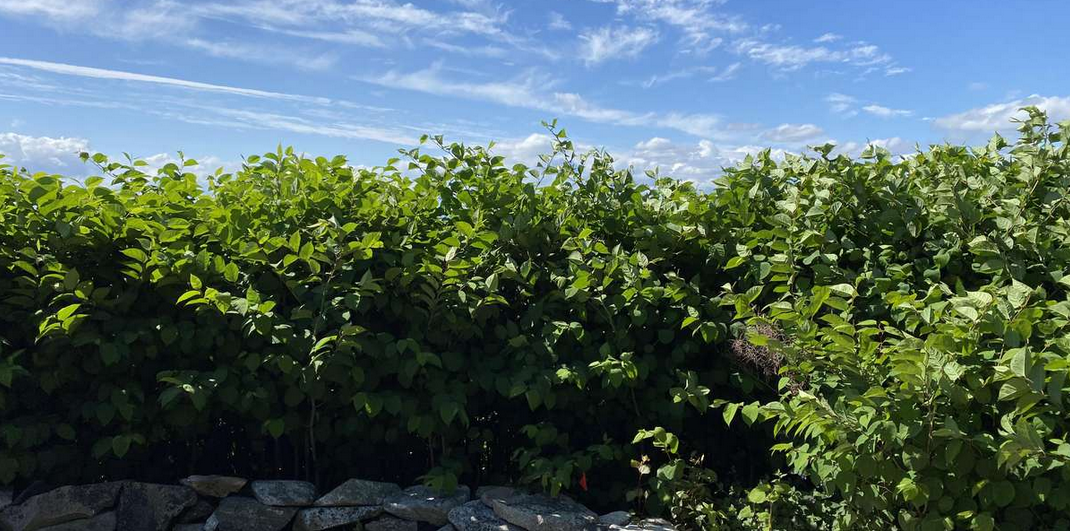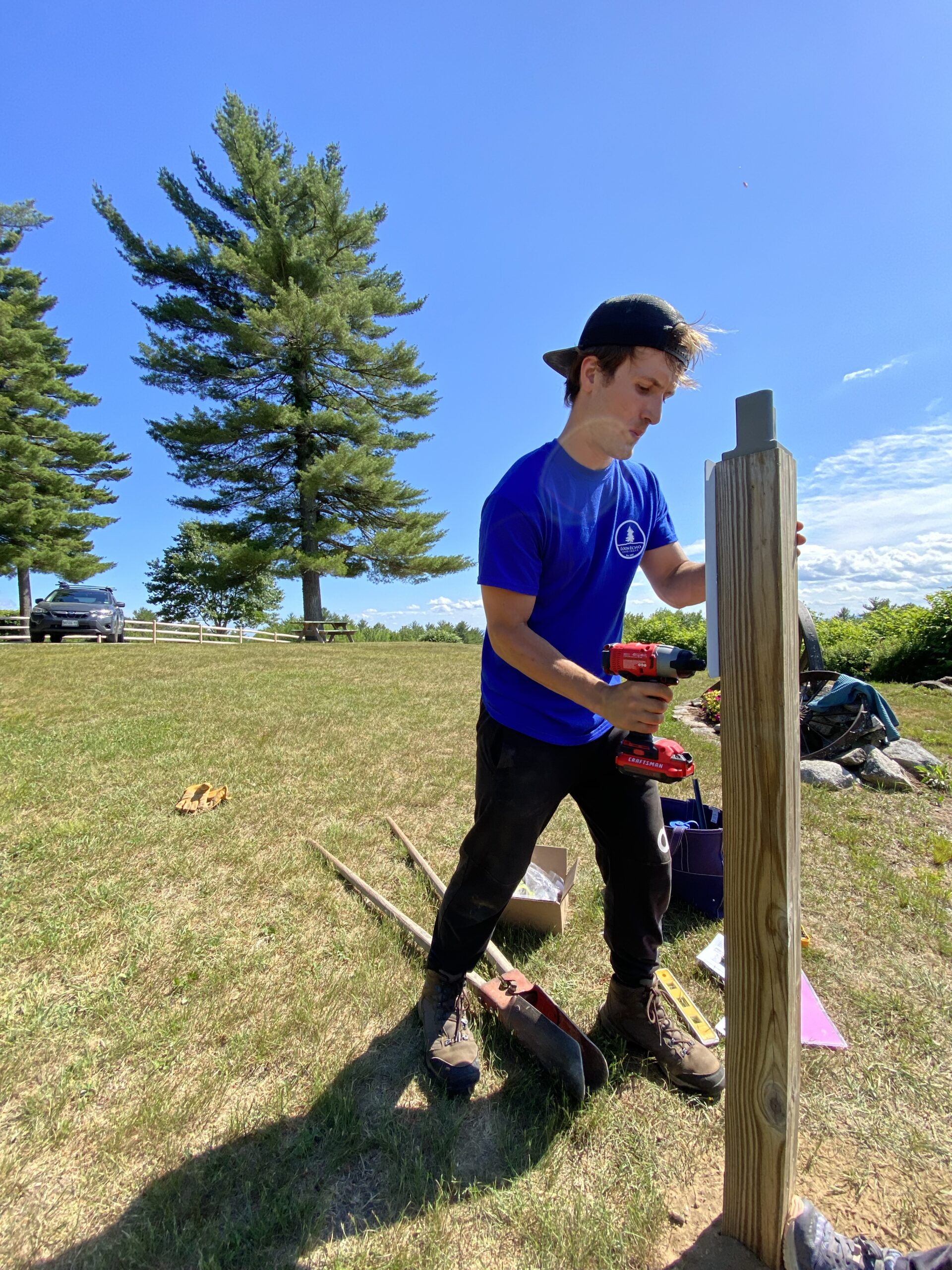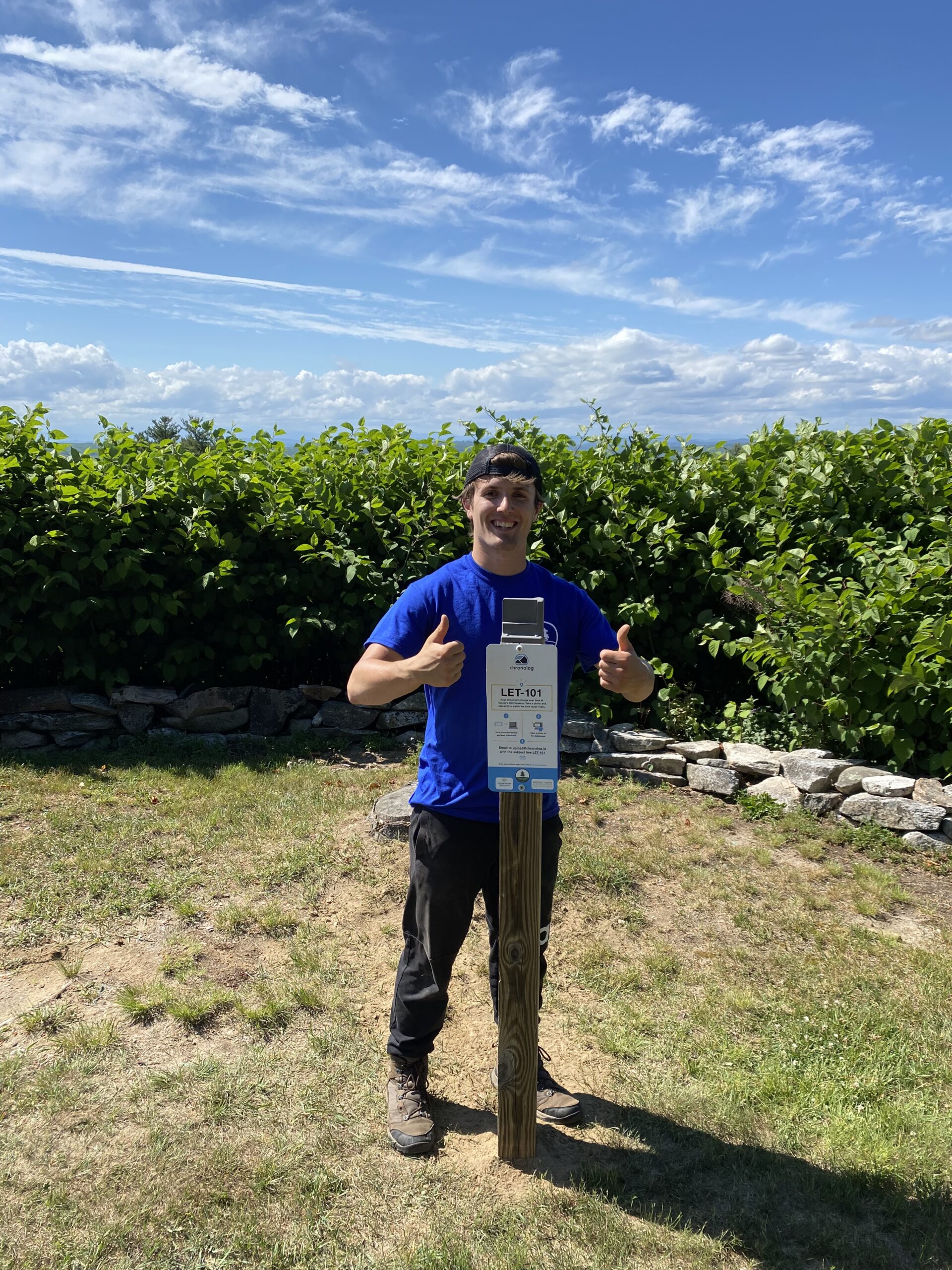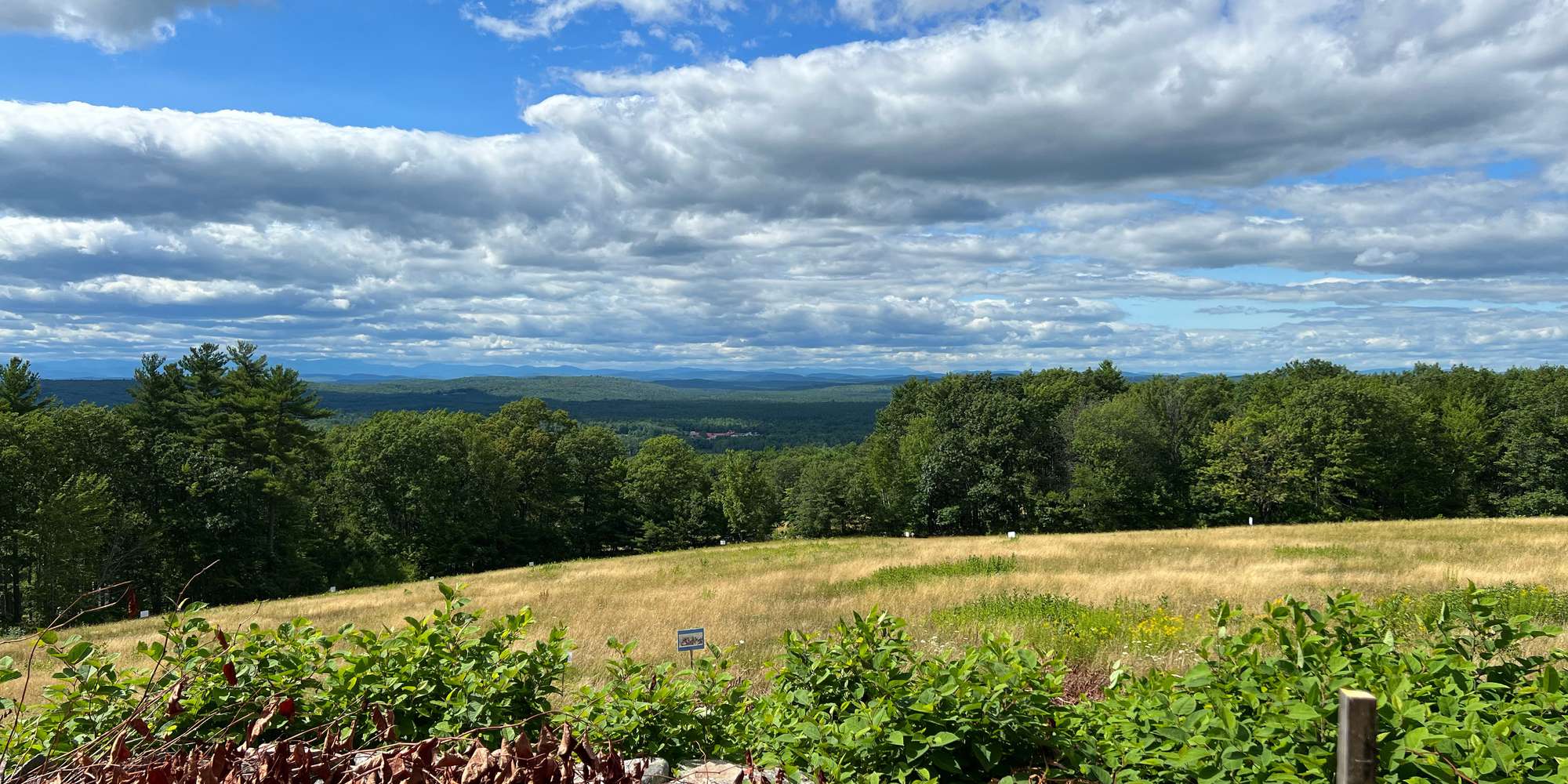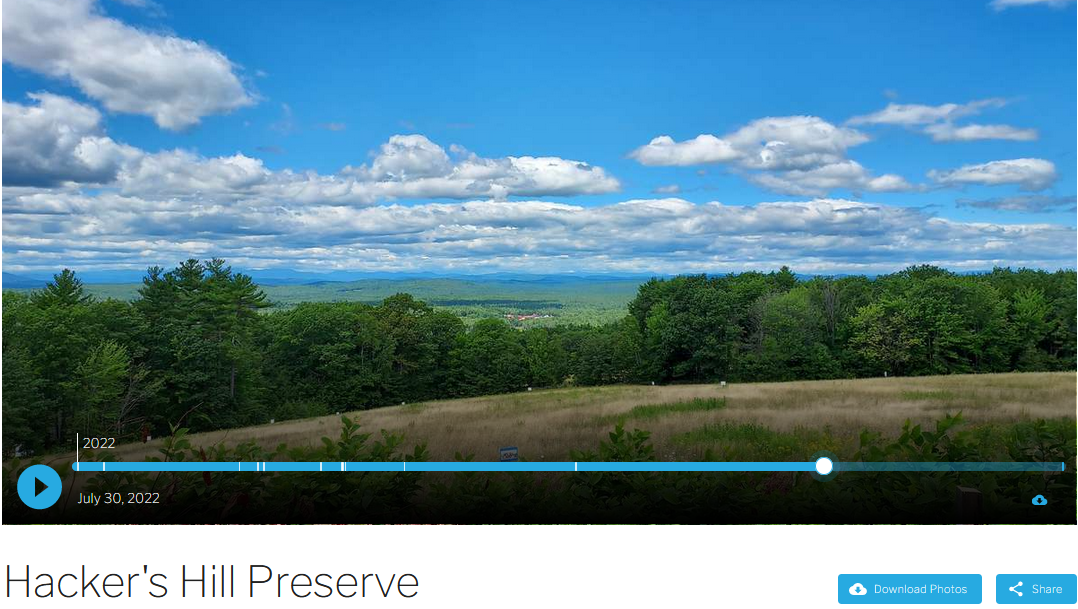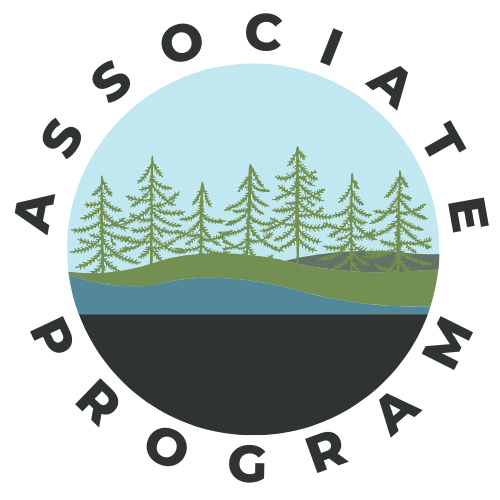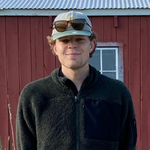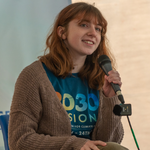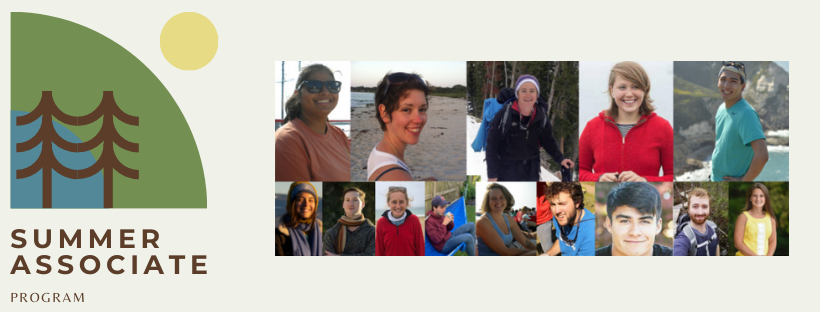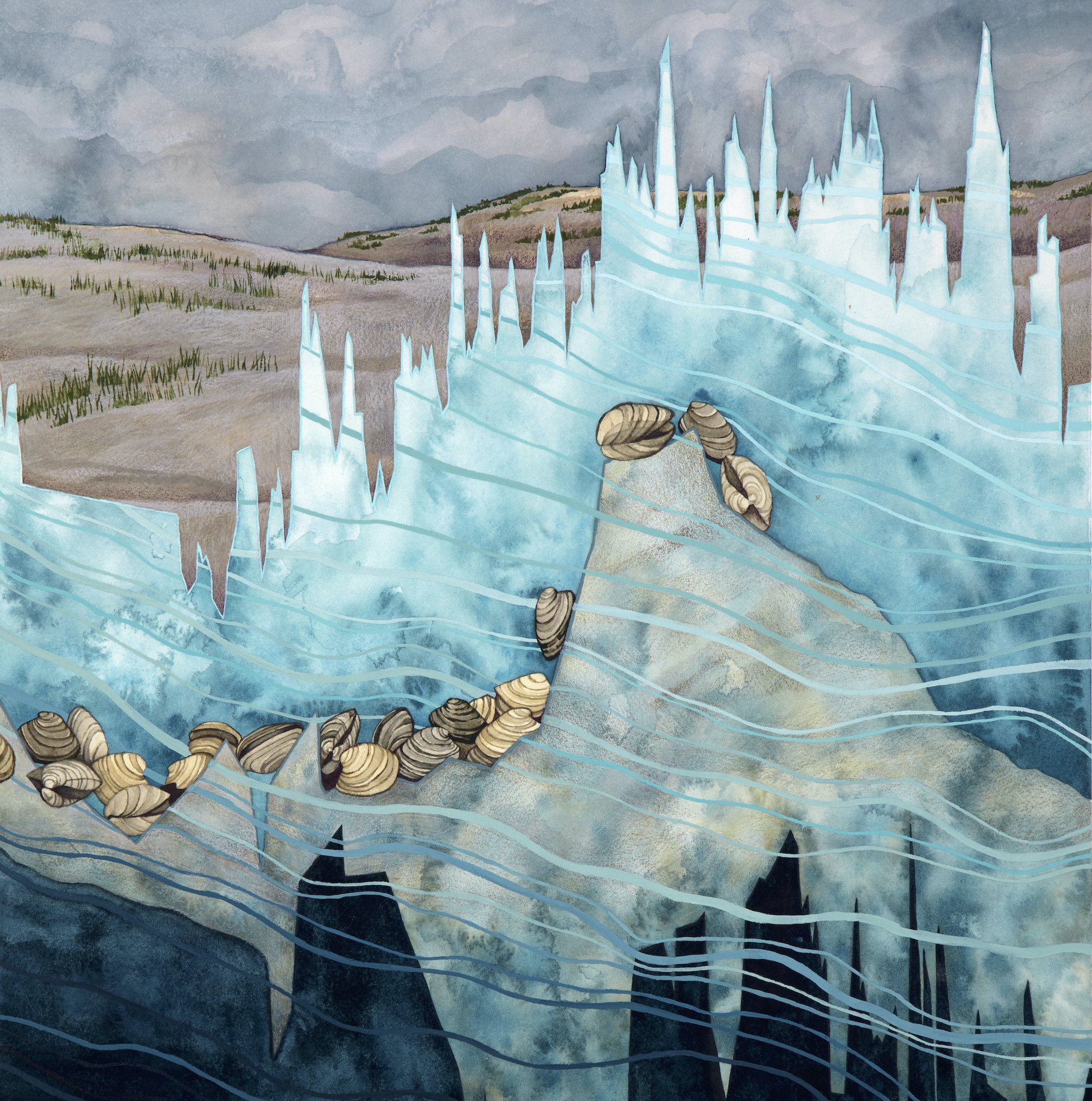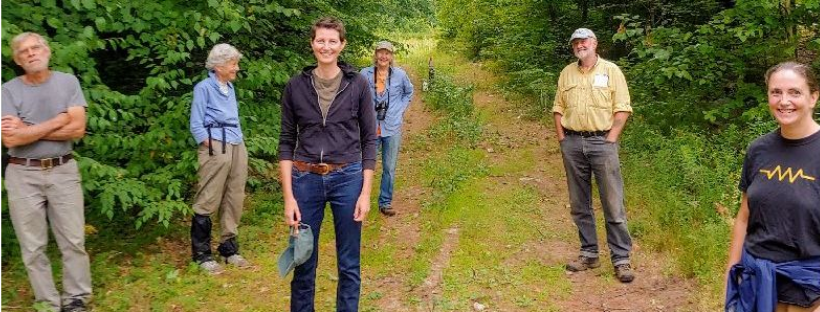
In the past few years, the collaboration known as the Rapid Response Team for York County Conservation has been working to pursue larger-scope conservation projects in the Southern Maine region, with promising successes so far. The Rapid Response Team (RRT) is comprised of the Saco Valley Land Trust, Francis Small Heritage Trust, and the Three Rivers Land Trust, all members of SMCC. SMCC initiated this group in 2019 with a grant from an anonymous private foundation and Jess has continued to play the role of convener, facilitator, and support.
Together, the RRT members decided on a focus for their efforts – speeding resources to support large-scale land conservation projects having a regional impact specifically related to equitable access, climate resiliency, and contiguity. We know that this region’s character is threatened by continuing development, fragmentation, and disruptive land use. York County is unique and significant because it contains some of the state’s most valuable timberland, high biodiversity, accessible recreation areas, and some of the most climate-resilient landscapes. Southwestern Maine has tremendous capacity to help Maine reach its climate goals by sequestering carbon in its forests while also providing economic opportunity and ecological benefit. And yet, most of the land protection work in western York County, where these large blocks of forest remain, is pursued by the efforts of three small, minimally staffed land trusts.
In 2020, the team received funding ($180,000) from the anonymous foundation to help secure a 550-acre property now known as the Sanford Community Forest. This early funding was received by Three Rivers Land Trust early in their fundraising effort and as such not only provided resources to cover early expenses like survey and environmental assessment costs, but also served as match and proof-of-viability for other granting programs and major donors. The land trust ultimately raised about $780,000 from a variety of sources and successfully acquired the land. Without the vote of confidence and connection to early funding through the RRT, this project would have been a longer and more difficult struggle to complete, if it was successful at all.

In 2021, the RRT engaged Cheri Dunning as a Conservation Project Assistant to work with the individual land trusts and further the goals of the RRT. As part of the Cheri’s work, the Francis Small Heritage Trust successfully proposed the Porter Hills Conservation Initiative as a RRT project and received funding ($100,000) to assist the early work of this ambitious project, which has the potential to conserve up to 1,200 acres in and near the state-designated Focus Area of the Porter Hills. Cheri is now helping the land trust to apply to the Land for Maine’s Future program to assist with the same initiative.
The Saco Valley Land Trust is now also developing a conservation project to propose to the RRT, contributing to regional conservation efforts and keeping up the momentum of this collaboration. The RRT assistant is working with SVLT to structure the project and determine funding needs.
The original vision for the Rapid Response Team was a working group that increases the speed, scale, and regional impact of land conservation in southwestern Maine, with clear priorities, shared capacity, and the ability to quickly act on conservation projects that might otherwise be out of reach. So far, the RRT has had great success following that goal, and we expect and hope to see it continue.
Photo: Boards of Three Rivers Land Trust and Mousam Way Land Trust at Sanford Community Forest.
Photos: stream, bog, and wetlands in the Porter Hills Conservation Project & Sanford Community Forest.
